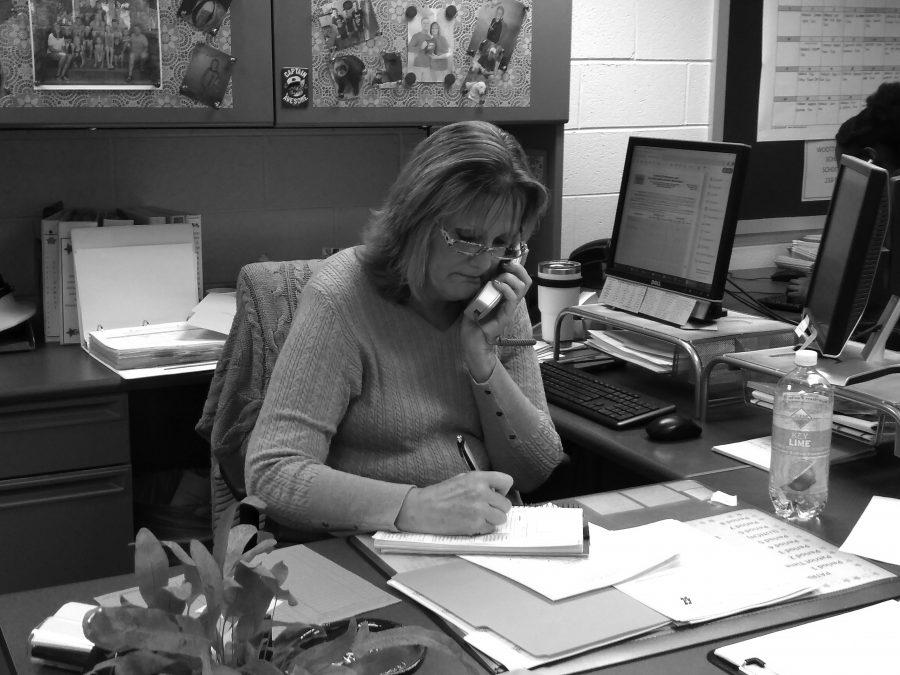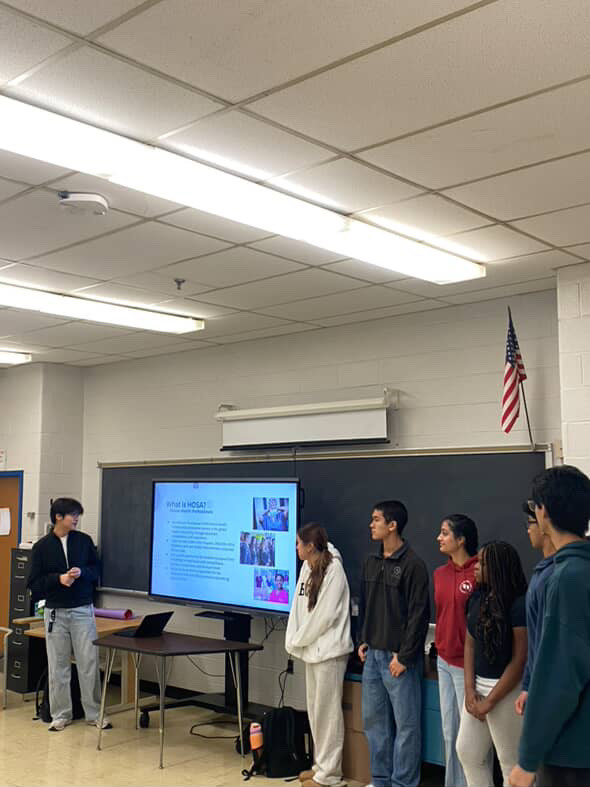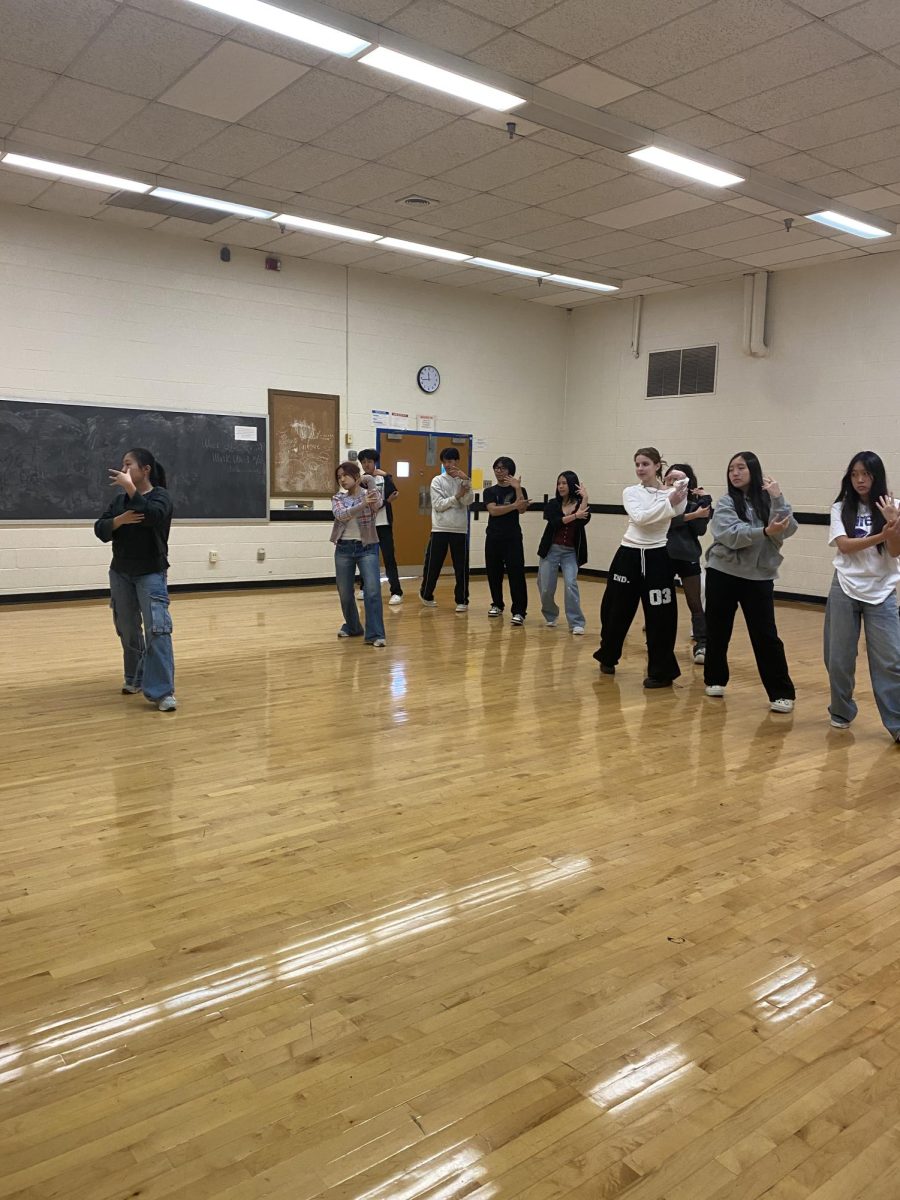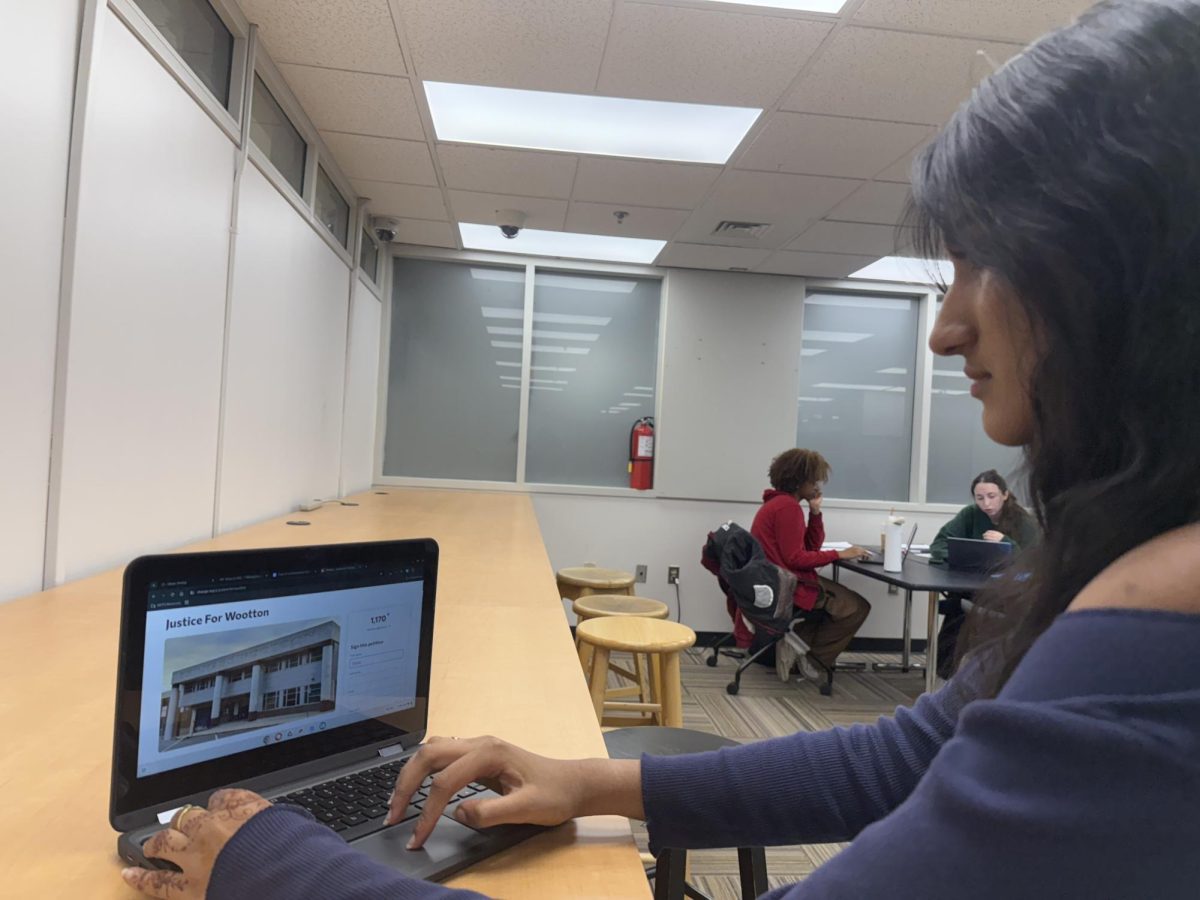In the second semester, students are usually assigned different teachers for the remaining duration of the year.
The reason for this scheduling policy is mainly logistical. Due to the number of people who sign up for various classes, it is necessary for classes to be split into multiple sections. For example, “if 60 people sign up for newspaper, we would run two sections for newspaper,” assistant principal and ninth grade administrator Jaclynn Lightsey said.
After the number of teachers and sections of a class is run, the information submitted by the students is entered into a computer. “The computer looks at all the requests and sees that there are [the least number of schedule conflicts for each student],” Lightsey said.
Due to logistical issues, it is necessary for some students to switch sections of their classes, and therefore switch teachers.
“Some classes we only offer in first semester,” Lighsey said. Examples of this include Health, Journalism A, and others. In addition to this, “a lot more students do internships in second quarter … especially the seniors,” she said.
The needs of the teachers are also a factor. “If a teacher is a coach, they might [leave] eighth period [for practice during the fall only],” Lightsey said.
Once the computer has finished determining the students’ schedules, the counselors attempt to edit them in order to improve them to an optimal capacity.
It “wouldn’t be possible for students to keep all the same teachers … at [the] high school level [this policy has always been used]” Lightsey said.
If students have any issues with the change in teachers, “the counselors would be the first person [to ask],” Lightsey said.
The school’s staff and students have varying opinions about this change and whether it benefits or damages the learning environment.
“As a teacher, there’s a little bit of a time loss because it takes some time to develop a relationship with new students [and] it’s important to establish expectations [for a new teacher’s method of grading],” English teacher Daniel Pecoraro said.
Factors such as whether the new teacher uses MCPS Classroom or Google Classroom, different styles of teaching, and different methods and activities will have to be adapted to, taking up time. Pecoraro said, “I think especially for students that are college-bound, [this change is a positive thing because college professors change every semester].”
One concern students may have, especially juniors, involves college letters of recommendation. “[The change has a] very minimal [effect on college recommendation letters],” counselor Robert Kurtz said.
Most students will be asking their teachers in junior year to write recommendations, Kurtz said, and therefore having more of them will be a benefit. In addition, “learning from two academic teachers [helps prepare for college],” Kurtz said.
Students agree to an extent. “I think [the change] can be beneficial [under better circumstances but also] it can be harmful,” junior Sean Kim said. “Counselors [could] be more flexible with schedules [as the change] really can impact how you [learn and succeed].”








